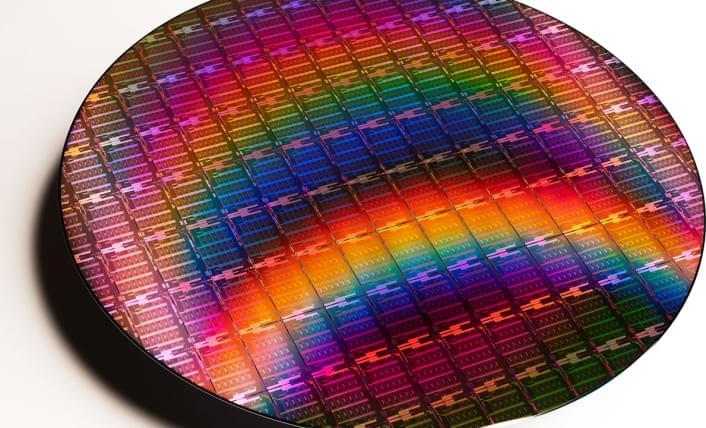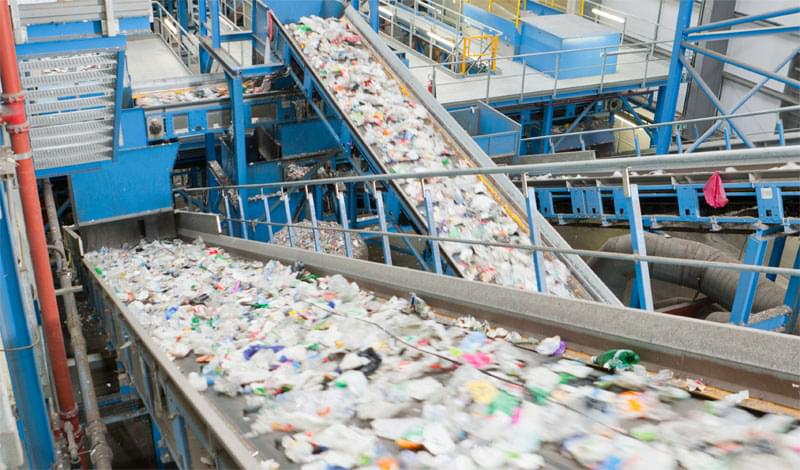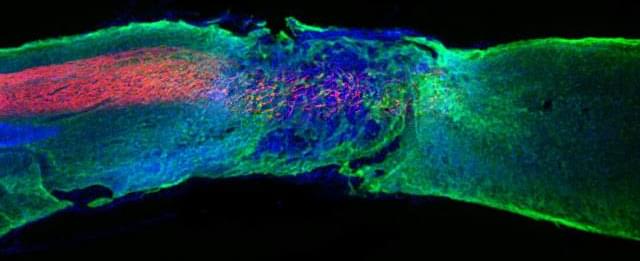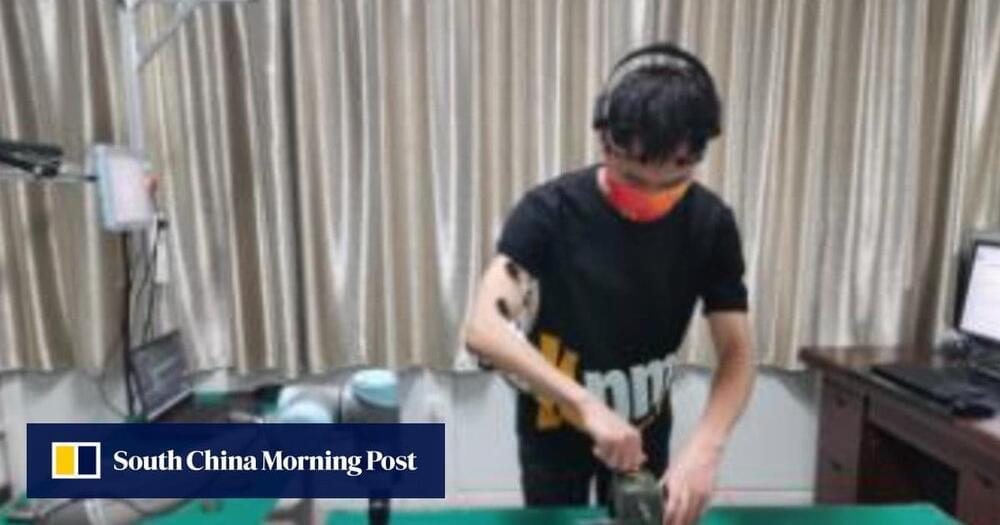Jan 24, 2022
If launched by 2028, a spacecraft could catch up with ‘Oumuamua in 26 years
Posted by Shubham Ghosh Roy in categories: innovation, space
In October 2017, the interstellar object ‘Oumuamua passed through our solar system, leaving many questions in its wake. Not only was it the first object of its kind ever observed, but the limited data astronomers obtained as it shot out of our solar system left them all scratching their heads. Even today, almost five years after this interstellar visitor made its flyby, scientists are still uncertain about its true nature and origins. In the end, the only way to get real answers from ‘Oumuamua is to catch up with it.
Interestingly enough, there are many proposals on the table for missions that could do just that. Consider Project Lyra, a proposal by the Institute for Interstellar Studies (i4is), which would rely on advanced propulsions technology to rendezvous with interstellar objects (ISOs) and study them. According to their latest study, if their mission concept launched in 2028 and performed a complex Jupiter Oberth maneuver (JOM), it would be able to catch up to ‘Oumuamua in 26 years.
Continue reading “If launched by 2028, a spacecraft could catch up with ‘Oumuamua in 26 years” »

















